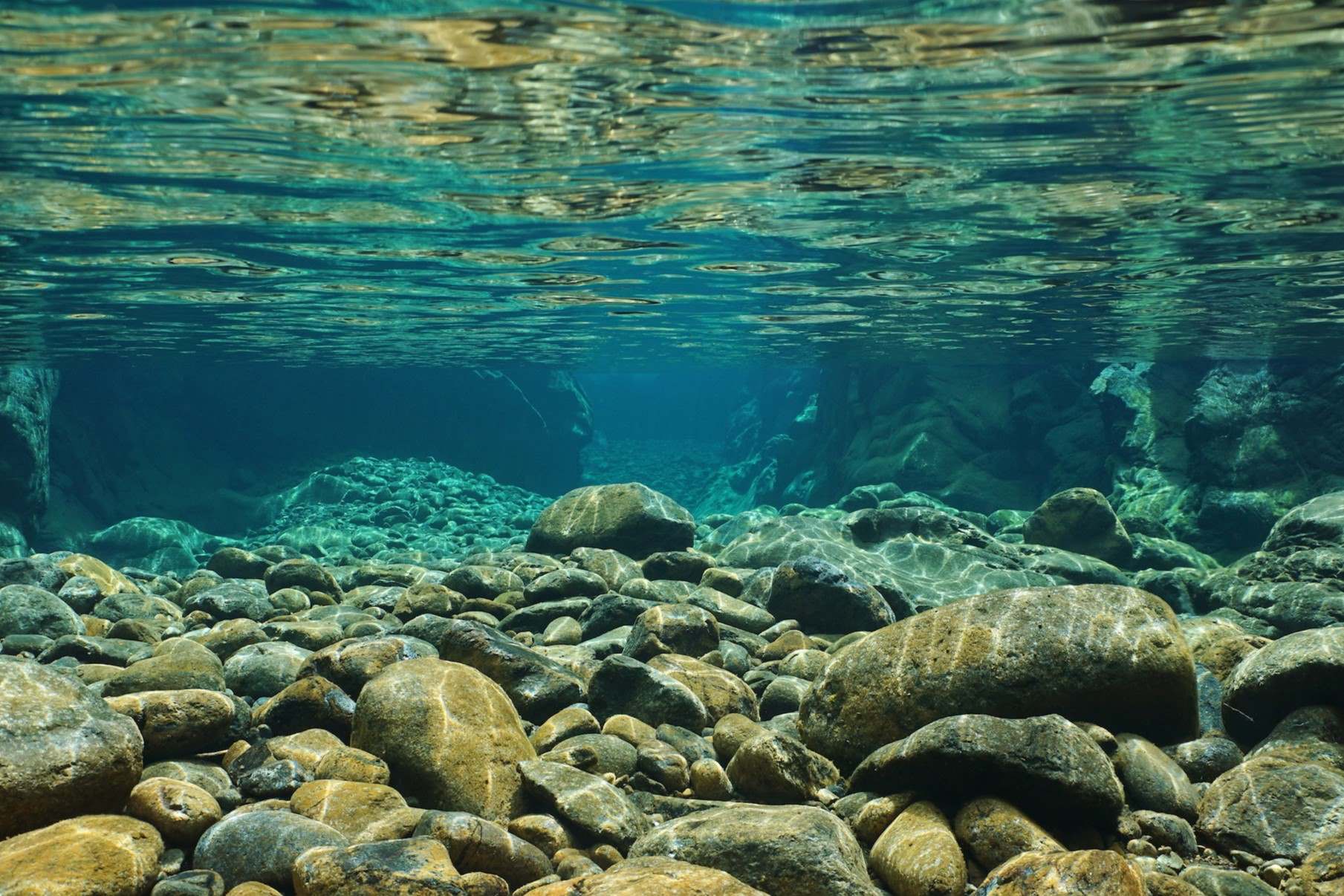
Freshwater ecosystems are teeming with life and mystery. These unique habitats, found in rivers, lakes, streams, and ponds, support a diverse range of species and play a crucial role in our planet's health. Did you know that freshwater ecosystems cover less than 1% of the Earth's surface but house over 100,000 different species? That's just the tip of the iceberg! From tiny plankton to massive fish, these ecosystems are bustling with activity. They also provide essential resources like drinking water, food, and recreation for humans. Dive into these 18 fascinating facts about freshwater ecosystems to learn more about their importance and the incredible life they support.
What is a Freshwater Ecosystem?
Freshwater ecosystems are vital to life on Earth. They include rivers, lakes, streams, ponds, and wetlands. These habitats support a diverse range of species and provide essential resources for humans.
-
Freshwater ecosystems cover less than 1% of the Earth's surface but support 10% of all known species.
-
They are home to over 40% of the world's fish species.
-
Freshwater ecosystems play a crucial role in the water cycle by storing and purifying water.
Types of Freshwater Ecosystems
Different types of freshwater ecosystems offer unique environments for various species. Each type has distinct characteristics and supports different forms of life.
-
Rivers and streams are flowing water ecosystems that often originate from springs or melting snow.
-
Lakes and ponds are standing water ecosystems that can vary greatly in size and depth.
-
Wetlands are areas where water covers the soil or is present near the surface for part of the year.
Importance of Freshwater Ecosystems
These ecosystems are not just important for wildlife; they are also crucial for human survival. They provide numerous benefits that are often taken for granted.
-
Freshwater ecosystems supply drinking water to billions of people worldwide.
-
They offer recreational opportunities like fishing, boating, and swimming.
-
Wetlands act as natural water filters, removing pollutants from water.
Threats to Freshwater Ecosystems
Despite their importance, freshwater ecosystems face numerous threats. Human activities and environmental changes are putting these vital habitats at risk.
-
Pollution from agricultural runoff, industrial waste, and sewage can contaminate freshwater sources.
-
Climate change is causing alterations in water temperature and flow patterns, affecting species that depend on stable conditions.
-
Over-extraction of water for agriculture and industry can lead to the depletion of freshwater resources.
Conservation Efforts
Efforts to protect and restore freshwater ecosystems are underway globally. These initiatives aim to preserve these habitats for future generations.
-
Protected areas and wildlife reserves help safeguard critical freshwater habitats.
-
Sustainable water management practices can reduce the impact of human activities on freshwater ecosystems.
-
Restoration projects aim to rehabilitate damaged ecosystems and improve water quality.
Interesting Facts About Freshwater Species
The species that inhabit freshwater ecosystems are as fascinating as the ecosystems themselves. They have adapted to survive in unique conditions.
-
The Amazon River dolphin, also known as the pink river dolphin, is a freshwater species found in the Amazon Basin.
-
The axolotl, a type of salamander, can regenerate lost body parts and is native to lakes in Mexico.
-
Freshwater mussels can live for several decades, with some species reaching over 100 years old.
Freshwater Wonders
Freshwater ecosystems, teeming with life, play a crucial role in our planet's health. From providing drinking water to supporting diverse species, these habitats are indispensable. Rivers, lakes, and wetlands offer unique environments where plants and animals thrive. They also act as natural filters, cleaning water and maintaining ecological balance.
Human activities, however, threaten these vital ecosystems. Pollution, overfishing, and climate change disrupt their delicate balance. Protecting freshwater habitats is essential for preserving biodiversity and ensuring clean water for future generations.
Simple actions can make a big difference. Reducing plastic use, supporting conservation efforts, and spreading awareness about freshwater issues help safeguard these precious resources. By understanding and valuing freshwater ecosystems, we contribute to a healthier planet.
So, next time you enjoy a clear lake or flowing river, remember the hidden wonders beneath the surface. Freshwater ecosystems truly are nature's unsung heroes.
Was this page helpful?
Our commitment to delivering trustworthy and engaging content is at the heart of what we do. Each fact on our site is contributed by real users like you, bringing a wealth of diverse insights and information. To ensure the highest standards of accuracy and reliability, our dedicated editors meticulously review each submission. This process guarantees that the facts we share are not only fascinating but also credible. Trust in our commitment to quality and authenticity as you explore and learn with us.


